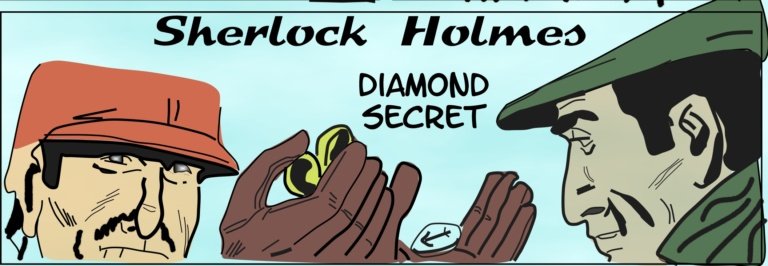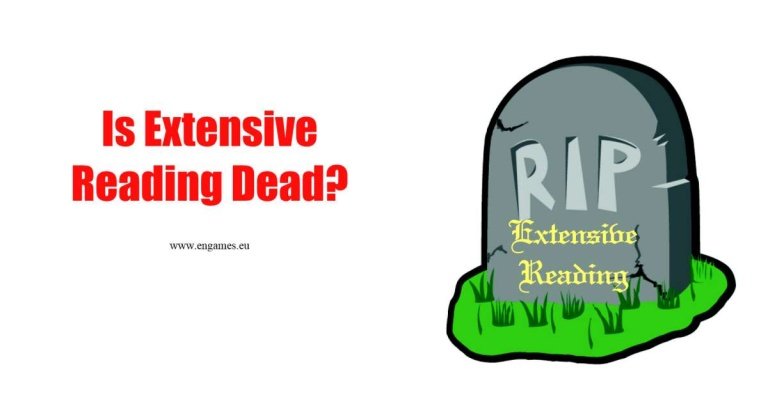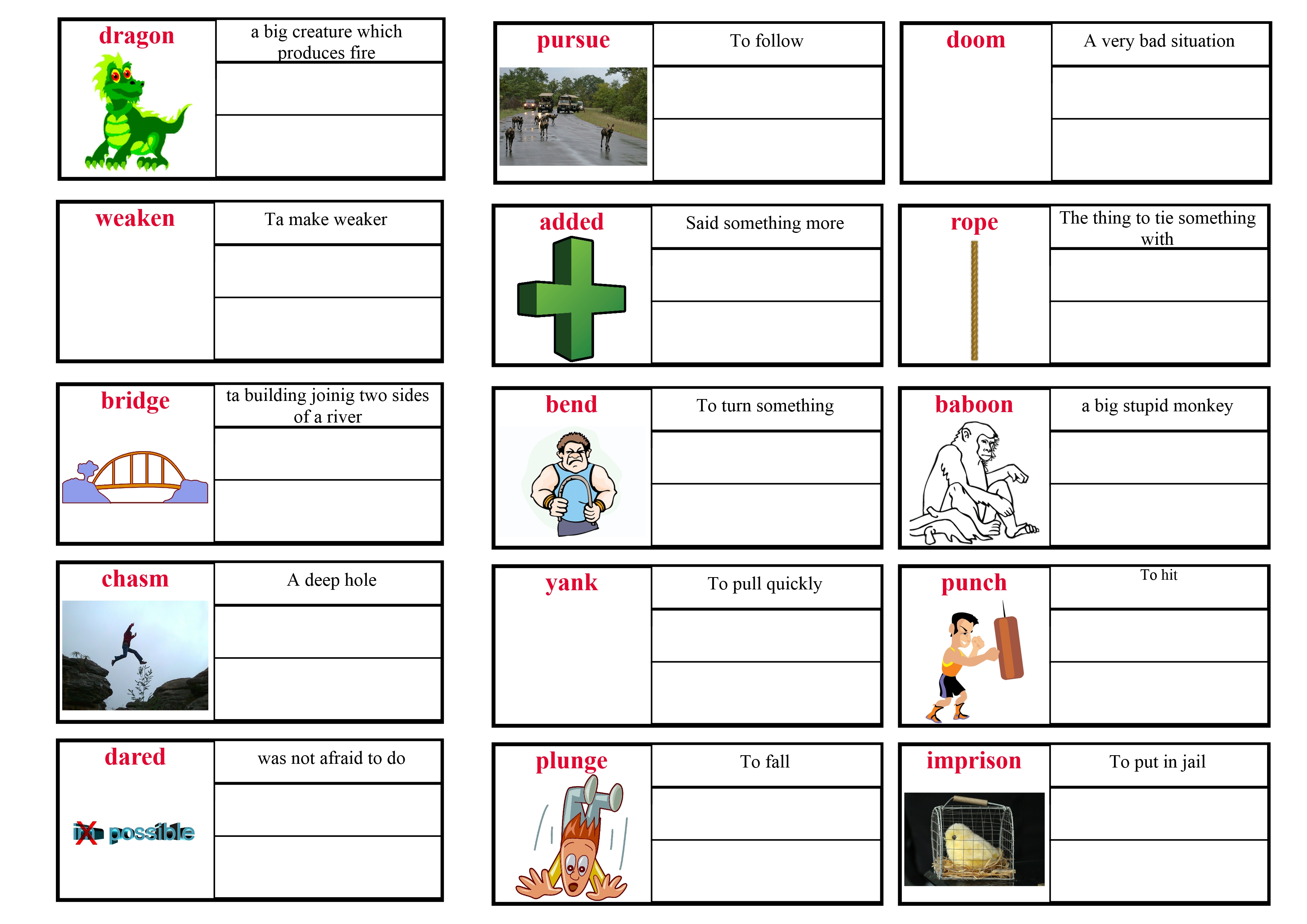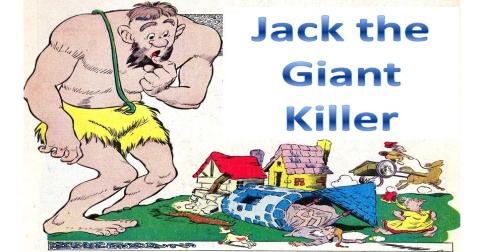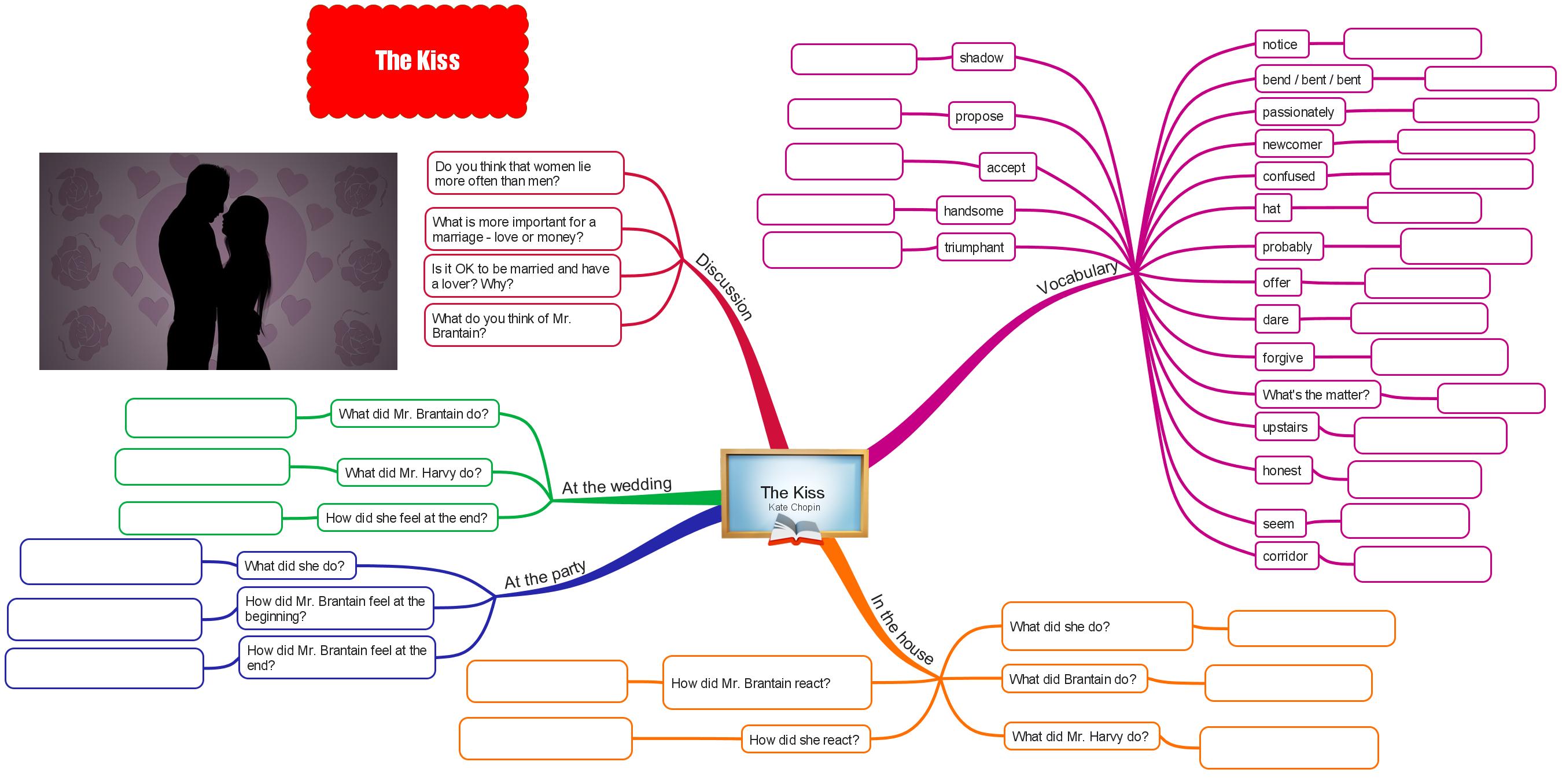Sherlock Holmes – Diamond Secret
Some posts are easy to write and some take a lot of time to create. This one is the latter case. It took me three months to draw and rewrite the Sherlock Holmes story for pre-intermediate students. <!– wp:more –> In this post, I would like to share with you a graded comic called Sherlock…
